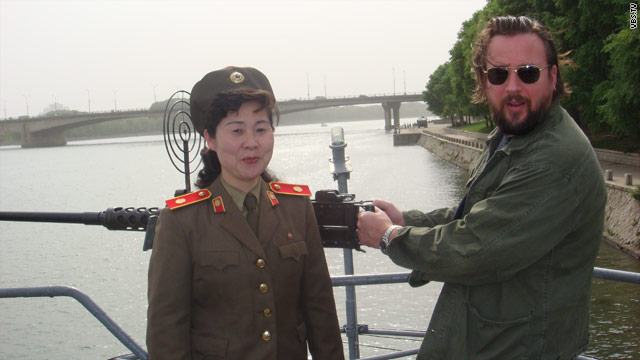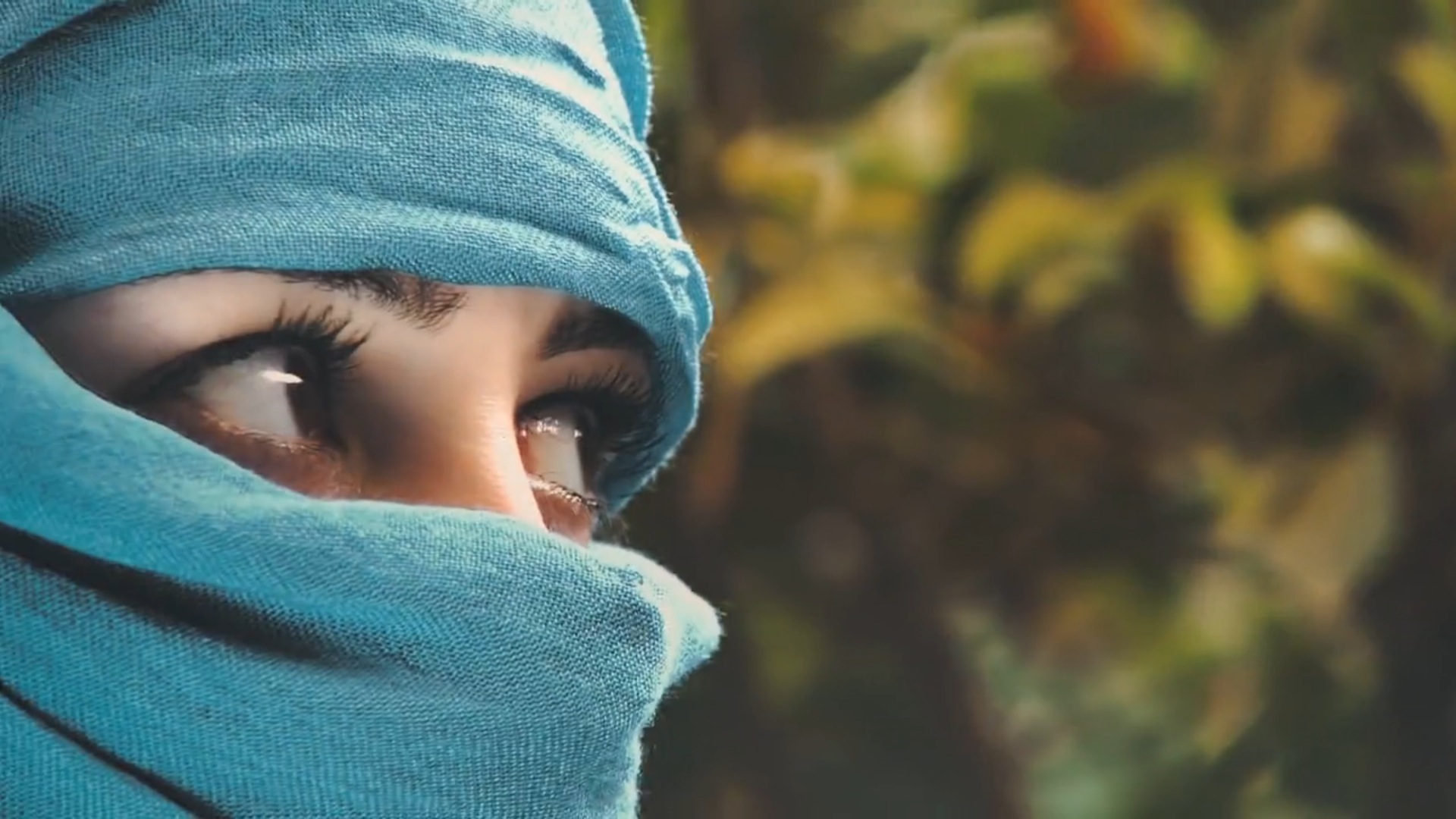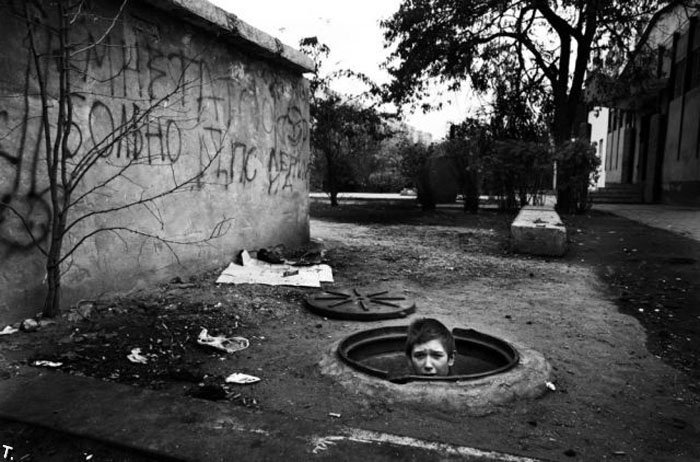Think your options for streaming original and compelling documentaries begins and ends with Netflix?
Think again.
Online streaming is a rapidly evolving medium, and for documentary filmmakers looking to get their work seen by the world, it’s only getting better. Contrary to common belief, not being able to break through the near impenetrable gatekeepers of Netflix doesn’t mean the end of your career.
If you’re part of a documentary filmmaking program, rejoice: there are plenty of great examples of people producing highly polished documentaries intended primarily for an online audience, and getting it out there via other platforms.
Here are five of the best.
Diggin’ in The Carts

Who: New Zealand filmmakers Nick Dwyer and Tu Neill
Where: Red Bull Music Academy
What: A six-part documentary series produced for RBMA, serving as a great example of Red Bull’s commitment to putting out Netflix-rivalling online content.
Diggin’ in the Carts is a well produced series chronicling the contributions that Japanese video games have given to the world of music… and there are many, hence having to break it into six parts. Alongside excellent interviews with such industry giants as Nobuo Uematsu, the big selling point of the series is its accessibility; you don’t need to have defeated Ruby Weapon in FFVII prior to watching, and similarly there still plenty here for weeaboos who think they’ve heard it all already.
Guide to Travel: North Korea

Who: Shane Smith, Emmy Award-winning journalist and Vice founder
Where: Vice
What: A three-part journey into one of the most elusive, intriguing and frankly terrifying countries on the planet. Vice’s Guide to Travel series into some of the weirdest cultures on the planet has produced a lot of excellent online content, but Smith’s odyssey into the heart of North Korea is the one which stands out as a tension-driven documentary which, by rights, should never have made it out of the country.
Humans Need Not Apply

Who: C. G. P. Grey
Where: YouTube
What: YouTube often gets overlooked as a poor man’s Netflix when it comes to video distribution, but Humans Need Not Apply—which went instantly viral with over a million views in a couple of days—demonstrates how it’s often the perfect medium for getting a documentary out there.
The premise behind the 15 minute short is a simple one: in the very near future, automation will entirely replace the need for human workers and with dire consequences. Think it’s an outlandish prediction better suited to science fiction? Think again—Grey’s incredibly well thought-out case is both disconcerting and very hard to argue against.
Watchtower of Morocco

Who: Leonardo Dalessandri
Where: Vimeo
What: Alongside YouTube, Vimeo is also rising to become a good port of call for documentary filmmakers. Watchtower of Morocco is a masterclass in photography, visual editing, and sound design. Dynamic and eclectic without ever becoming too overbearing, this walk through some of Morocco’s most recognizable locations will renew your faith in digital filmmaking (and probably have you booking a flight out there to boot).
The Sewers of Bogota

Who: Thomas Morton
Where: Vice
What: Another gem from the Vice documentary archives, the content provider known for delving into the shady side of life and having a good look around goes deeper and darker than ever before.
The Sewers of Bogota is harrowing to watch given that it covers the story of humans driven to live amongst (and in) streams of liquid feces and rotting carcasses through fear of being exterminated through death squads up above, who frequently pour vast amounts of lit petrol into the sewer system to try and kill Columbia’s undesirables.
It’s a brave example of documentary filmmaking conducted in a very difficult—and at one point, potentially lethal—environment, covering subject matter reminiscent of the Holocaust than anything that should be happening in the 21st century.
